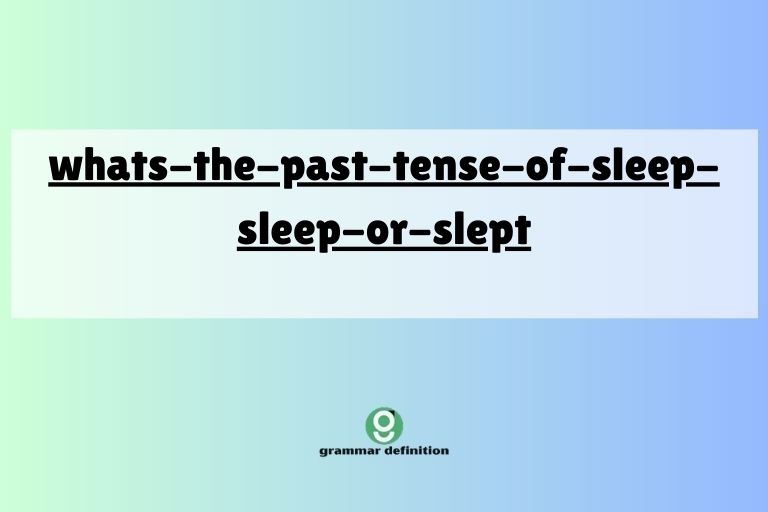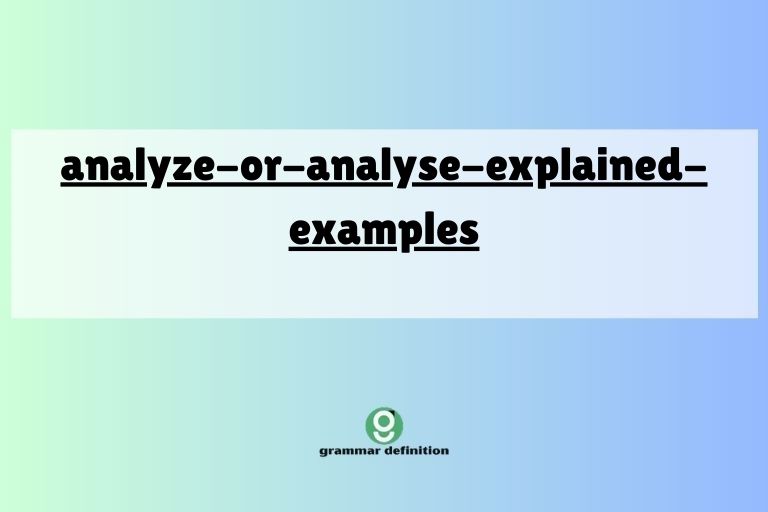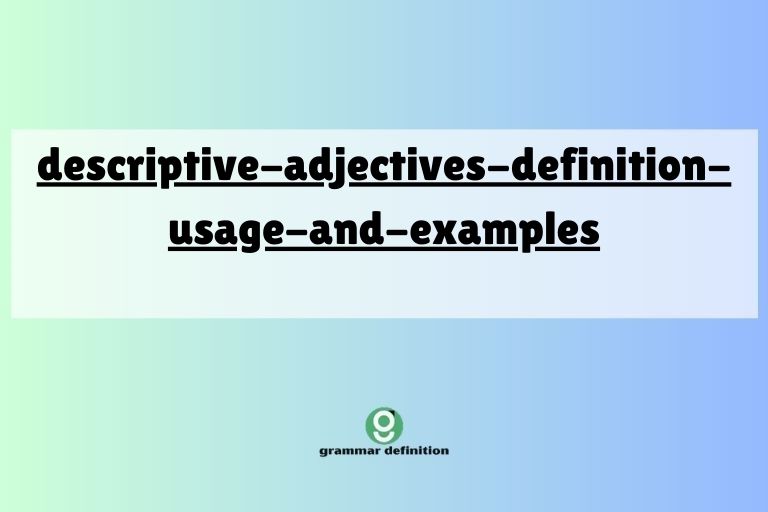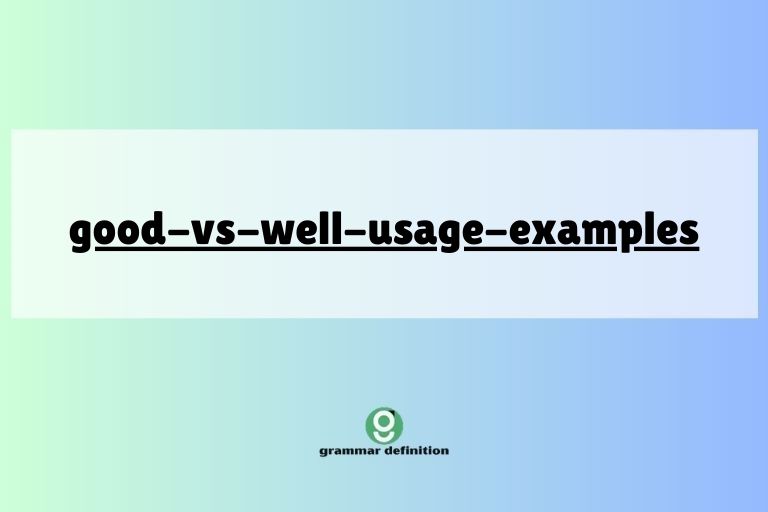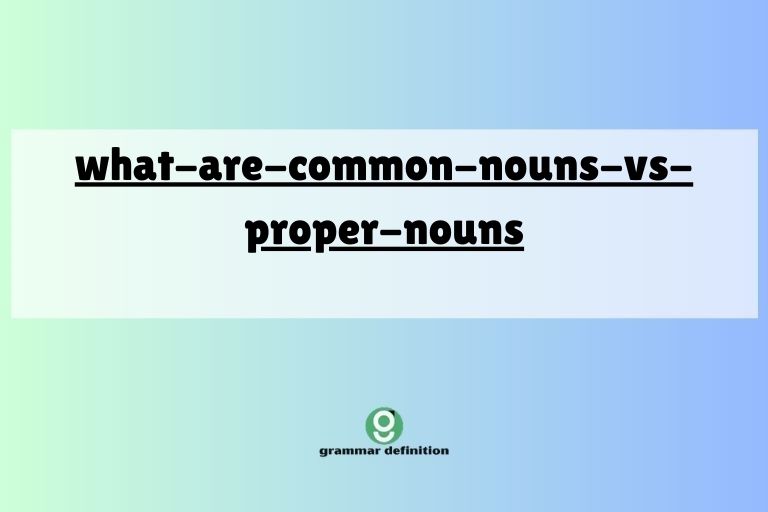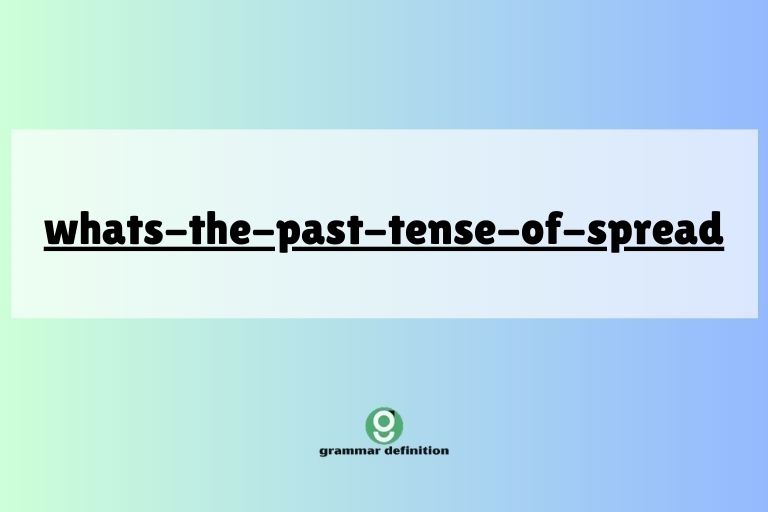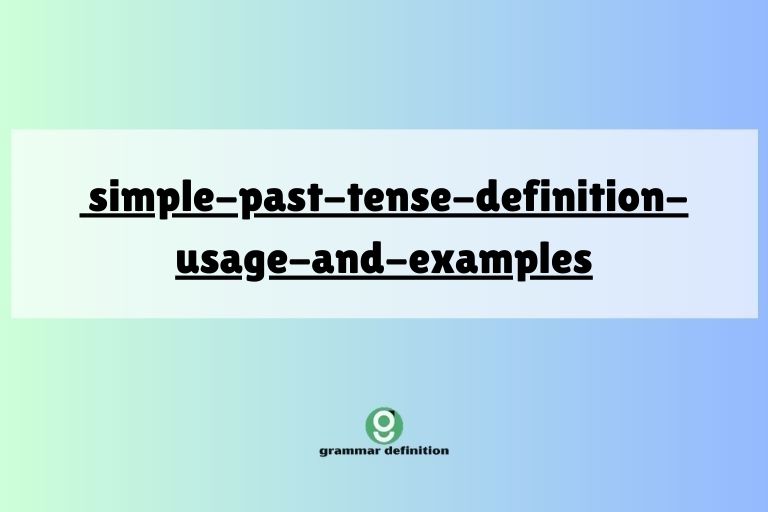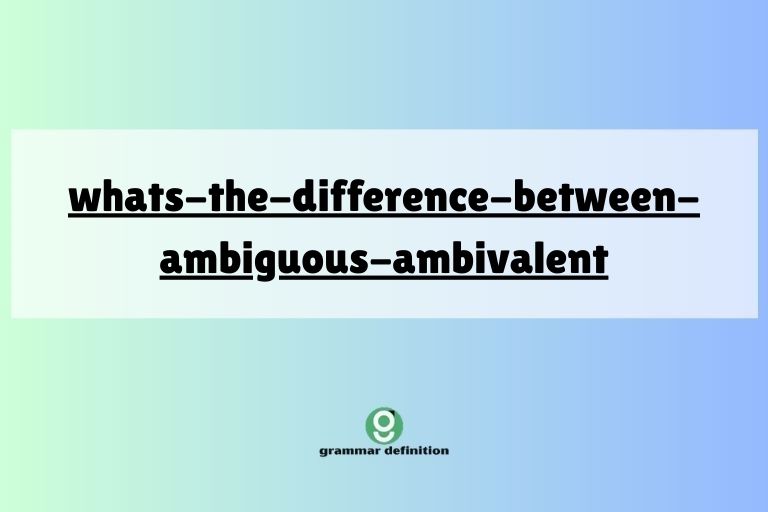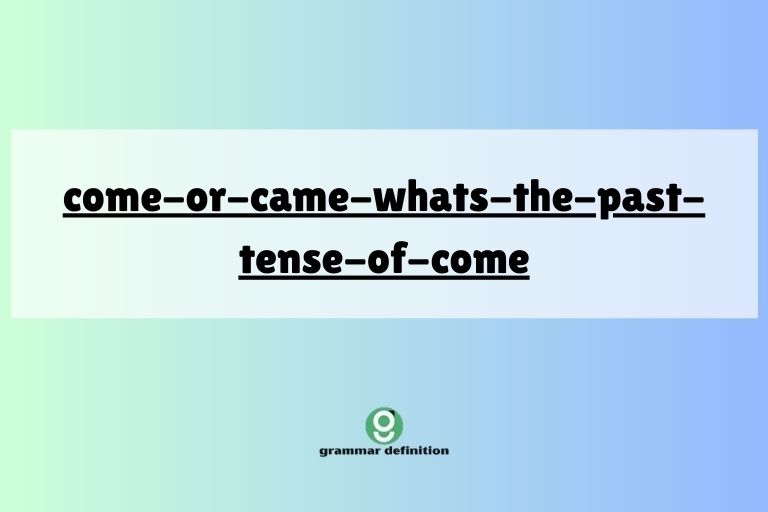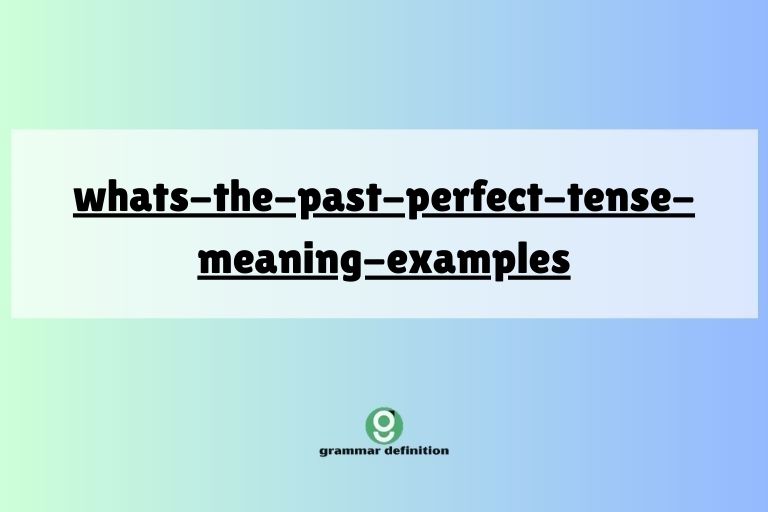Sleep or Slept: Mastering the Past Tense of “Sleep”
Understanding the correct past tense of common irregular verbs like “sleep” is crucial for accurate and effective communication in English. Choosing between “sleep” and “slept” might seem simple, but mastering it ensures clear and grammatically correct writing and speaking. This article provides a comprehensive guide to the past tense of “sleep,” covering its definition, usage, … Read more

